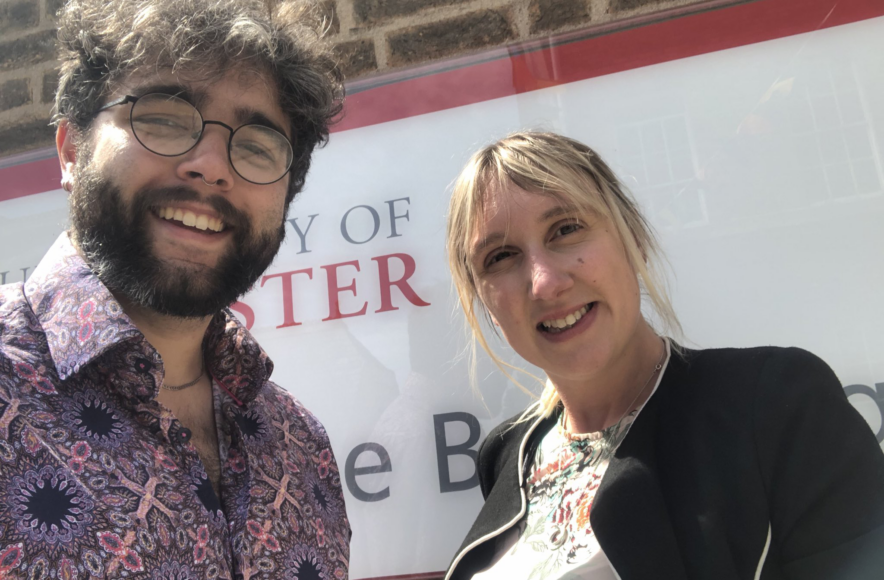More must be done: reflections from the UK’s first disability hate crime conference

The conference, hosted by the University and Society of Criminology, featured speakers from across academia, advocacy, and civic society, as attendees met to learn and listen about the impact of disability hate crime in the UK.
Events like these are crucial for advocates and academics alike. So it is welcomed that this conference is happening where stakeholders and researchers can come together, share their knowledge and experiences with one another, and build partnerships to affect meaningful change going forward. It is the first of its kind and hopefully not the last!
Topics ranged from investigating the impact of disability hate crimes, policing reform, and changing the culture of how disability is framed within policy discussions in academic and criminal justice circles.
The statistics presented to us are stark:
- The Home Office recorded 124,091 hate crimes in England and Wales during the year 2020 to 2021. 8% of these (9,943) were disability hate crimes – an increase of 9% from the previous year.
- Only 360 prosecutions were brought against perpetrators of disability hate crimes in 2020, according to the Crown Prosecution Service.
- A Liberty Investigates report found that 33,546 people reported a hate crime to the police in 2020 but then withdrew from proceedings. This is a 32% abandonment rate – three times higher than in 2015.
United Response has been campaigning on disability hate crime awareness for several years now. Our recent survey showed how disability hate crimes have particularly spiked online, by as much as 52% since the onset of the COVID-19 pandemic over two years ago. So it’s clear that there is still much work to be done.
As our Am I Your Problem campaign highlighted, disabled people in Britain face significant societal barriers toward meaningful inclusion and understanding – roughly one in four disabled people feel they have been victimised in shops, restaurants, and on public transport.
What we’ve heard at the conference only adds to the context of what disabled people face when dealing with targeted harassment and no tailored support available within the criminal justice system.
In this light, it’s shocking, but not surprising that there’s an abandonment rate of 32% of hate crime victims withdrawing complaints during police investigations.
The Government needs to step up to the mark and finally publish its long-awaited and updated Hate Crime Action Plan, which we hope will offer parity of protection to disabled victims, as recommended by the Law Commission in its recent review.
- Gáibhin McGranaghan is Public Affairs and Policy Officer at United Response.